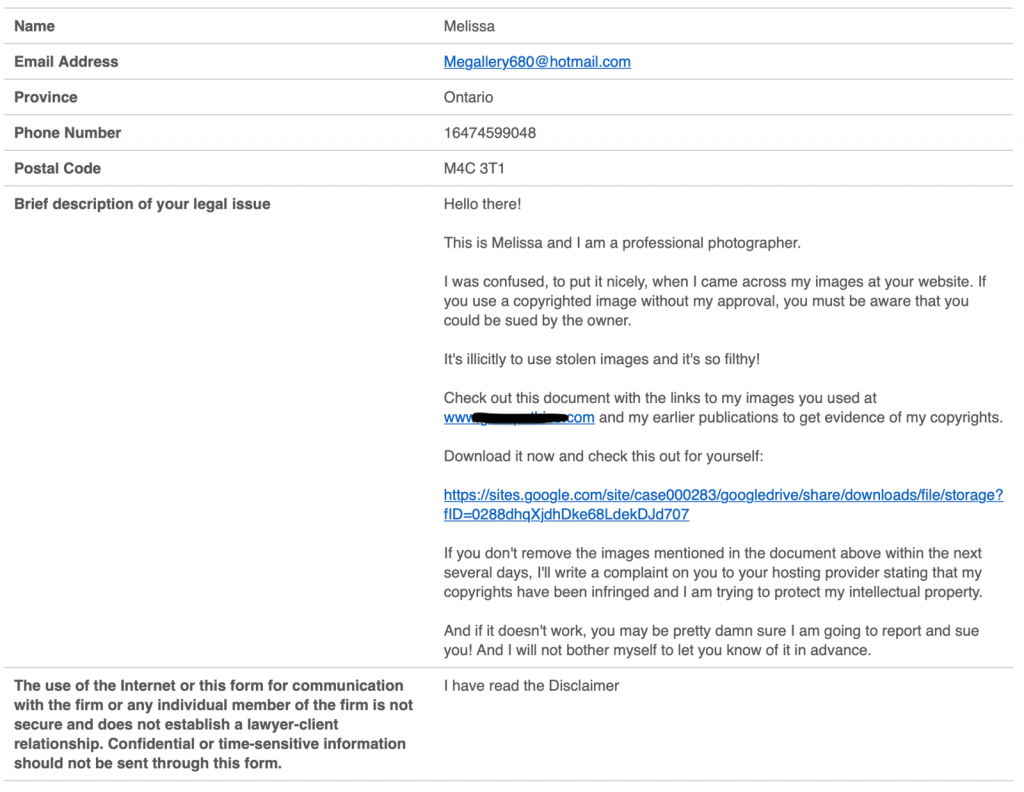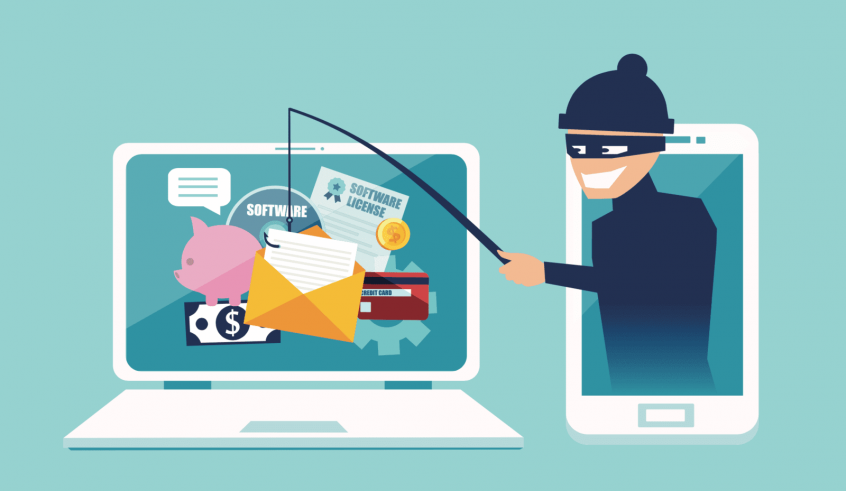By now, most people are aware of the fact that the internet is rife with scams, fake ads, and malicious computer viruses that can compromise your privacy. As a result, many people take precautions to protect themselves from these online attacks. Pop-up blockers, email filters, and virus protection software are just a few examples of the ways people protect themselves online. Unfortunately, scammers are getting wise to the ways people protect their privacy online. This has led to the creation of more subtle methods of online attacks. To help you recognize the latest email scams that have already negatively impacted some of our clients, take a look at the helpful information below.
Basic Email Scams
You may already be familiar with terms like ‘phishing’ or malware and how they relate to computer and email security in general. When it comes to email scams, these types of attacks are among the most common.
Let’s start by discussing the basics of a phishing scam, which is one of the most common found in email inboxes. The term phishing refers to the attempt by scammers to gather the personal and private information of an individual, a company, or an organization. Phishing emails are made to resemble official emails from legitimate businesses or services such as Netflix, your local government, or your credit card company. They will typically be marked urgent, encouraging people to respond in a timely fashion with personal information such as a credit card number, social insurance number, or even just a home address and postal code. Once the scammers have this personal information, they can use it for any number of illegal activities using their victim’s identity and info.
Malware email scams are very similar in terms of their objectives, but they go about it in a different, much more sinister way. Rather than having someone inadvertently volunteer their personal information through an email reply, malware infects a computer and lets people remotely access personal information. Malware is usually disguised in a scam email as a legitimate link or download. In fact. what people are actually inviting into their computer system by clicking on these emails is a malicious program that allows scammers to essentially hijack your computer system and files. This can be especially detrimental to large corporations or even small businesses that are responsible for keeping a number of people’s personal information confidential.
How to Identify an Email Scam
These days most scam emails containing suspicious links or content are immediately filtered by your email service. Unfortunately, scammers try their best to evade security measures by making their emails seem as legitimate as possible. In some instances, these well-disguised emails will make it to your primary inbox. Before you click on any links or follow any instructions given in one of these emails, try looking for a few signs that will reveal the email as an attempt to scam you. First, many of these emails will contain generic greetings that will seem out of place coming from a corporate email, such as “hello dear”. You may also find some examples of misspelled or misused words that suggest the email was translated or written by a computer and not a person. While many companies send out automated emails to their clients, they rarely contain grammatical mistakes like the ones found in scam emails.
The Latest Email Scam
We have already heard from a few clients that have been sent a suspicious email related to photo copyright violations on their company websites. As this is a relatively new version of a typical email scam, we want to draw as much attention to it as possible before another one of our clients encounters this email. This particular email ends by threatening legal action over a copyright dispute and encourages the recipient to click a link to the so-called ‘evidence’ of the sender’s copyright claims. This is the exact type of link you should never click on, as it likely will contain some type of virus or malware.

A copy of a contact form submission recently received by a clients’ website.
Although receiving an email like this can be distressing at first, with basic knowledge of email scams you should be able to find signs that this is an illegitimate attempt to gain access to personal and company information. For starters, Stigan always purchases the user rights of their images, unless supplied by the client. If you are ever unsure about an email like this going forward, remember to never click a link or a download until you can confirm it’s legitimacy. When in doubt, you can report any suspicious email activity to your local police department, or to the Canadian Anti-Fraud Centre via phone or their website. Email scams are responsible for taking millions of dollars out of the pockets of honest, hard-working people. With the right information and a bit of vigilance however, you can avoid falling for the email scams that will be sent your way in the future.
Stigan Media is an award-winning web design & marketing agency specializing in WordPress, WebFlow, and Shopify. Our team focuses on SEO, PPC and conversion optimization strategies to help your company grow.







 Get in touch
Get in touch



